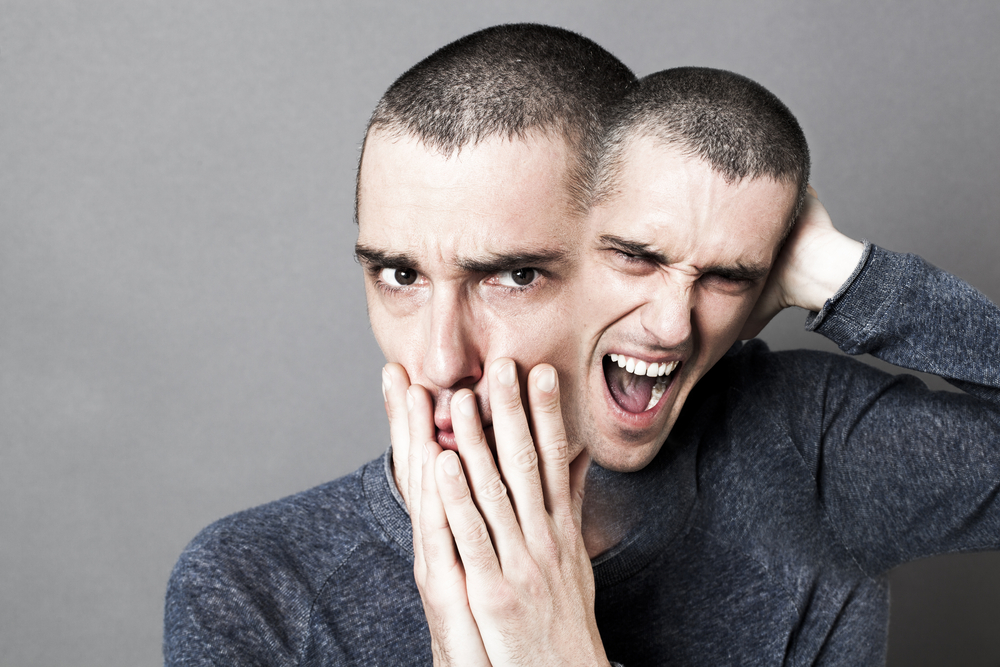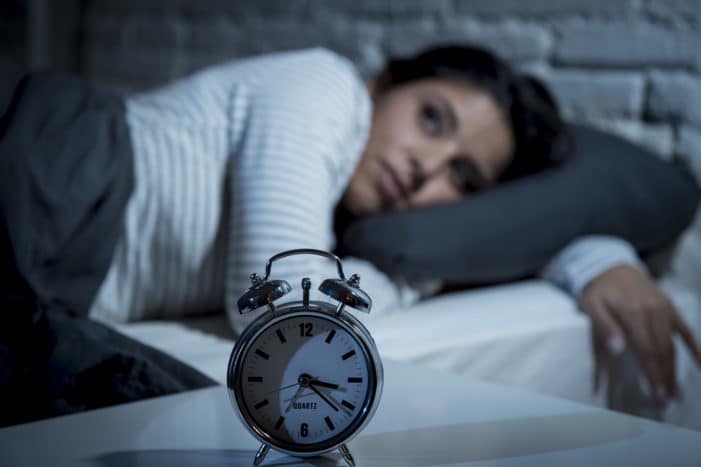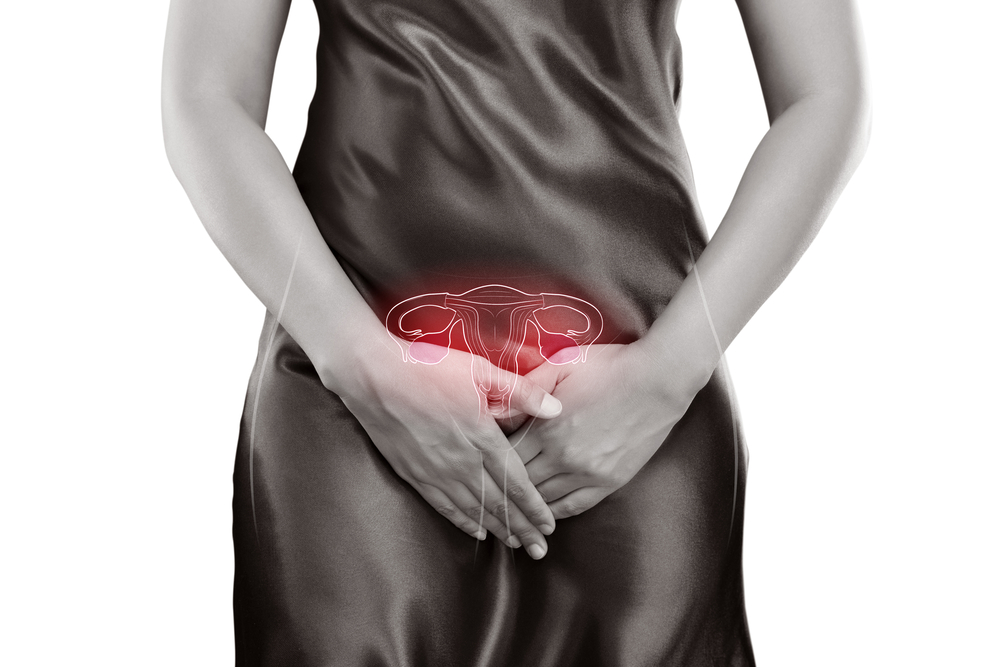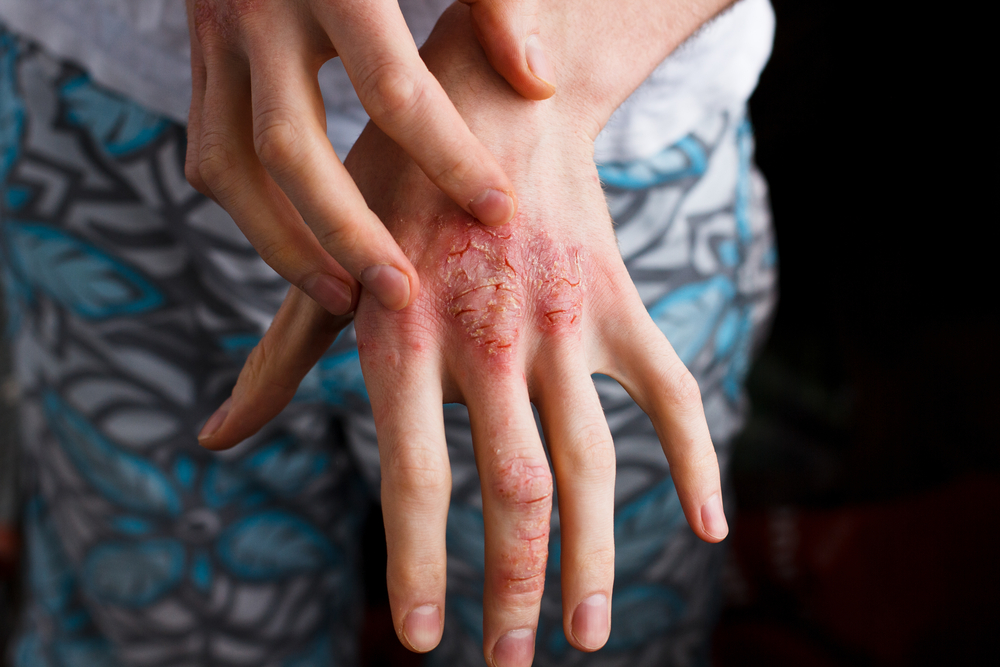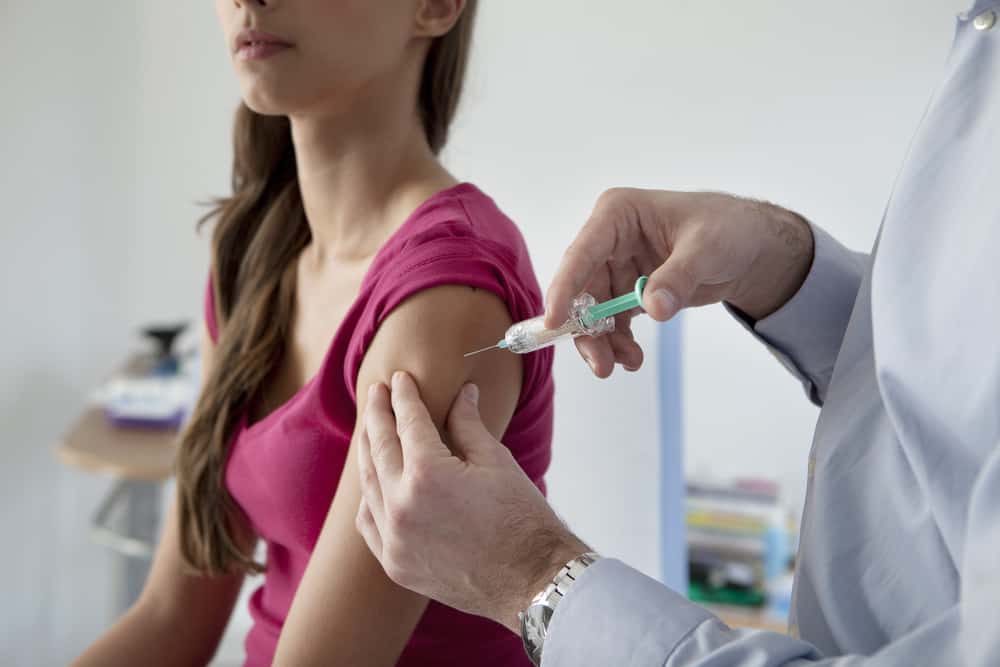Contents:
- Medical Video: The Symptoms of General Anxiety and Panic Disorder
- Differences in symptoms of panic, manic, and psychotic attacks
- 1. Panic attacks
- 2. Manik
- 3. Psychotic
Medical Video: The Symptoms of General Anxiety and Panic Disorder
Feeling anxious in a stressful situation or when there is a stressful event, of course it is natural. However, some people experience severe anxiety and mood swings that are very drastic without cause. This can occur due to certain mental disorders. However, there are many disorders that are characterized by these symptoms. Among them are panic, manic, and psychotic attacks. Then how do you distinguish the symptoms of panic, manic, and psychotic attacks? See below.
Differences in symptoms of panic, manic, and psychotic attacks
1. Panic attacks
Panic attack or panic attack, occurs spontaneously and not as a reaction to a stressful situation. Panic attacks occur for no reason and are unpredictable.
As long as the symptoms of a panic attack take place, the person experiencing it will be trapped in extraordinary terror and fear to feel like going to die, losing control of the body and mind, or having a heart attack. Patients will also be terrorized by feelings of worry about the appearance of subsequent panic attacks.
Panic attack symptoms vary by person, but in general you may experience:
- Heart beat
- Sweating
- Trembling
- Hard to breathe
- Chest pain
- Nausea
- Dizzy
- Shivering
- Tingling
- Depersonalization (as if things around him were not real or sensations like coming out of his own body)
- Afraid of death
2. Manik
Manic episodes can include part of bipolar disorder or other types of depression. Unlike panic attacks, manic periods tend to be long lasting.For someone who experiences this for the first time, this can increase anxiety so that some symptoms of a panic attack can also appear.
The most common manic symptoms that appear include:
- Feeling too enthusiastic and excited
- Very sensitive and easily offended
- Eat a lot
- Just take a nap, but still be energized as if you don't need sleep
- Be rash and do risky activities without thinking
- Speak very quickly and change the topic of conversation from one topic to another (not connected)
- Can't think clearly
- You can also see strange things and hear mysterious noises that actually don't exist
The best way is to find a psychiatrist (mental health specialist) to get the right diagnosis of manic depression. This condition can be treated with proper care.
3. Psychotic
Psychotic is a medical term that refers to a mental state that is disturbed by delusions or hallucinations. Delusion is a misunderstanding or mistaken view of a matter, while hallucinations are strong perceptions of an event that is seen or heard when it actually does not exist.
Psychotics are the main trigger of many mental disorders including schizophrenia, depression, schizoaffective disorder and bipolar disorder. Usually this lasts for several hours to several days but not more than a month.
This condition has several symptoms such as:
- Delusion
- Hallucinations
- Talk about raving
- Can't think clearly
- Behavior that is very disorganized or catatonic
Because everyone's physical and psychological condition is different, the best way to ascertain whether you experience symptoms of a panic, manic, or psychotic attack is to see a doctor. The doctor can determine the diagnosis so you can begin treatment that is right for your condition.

